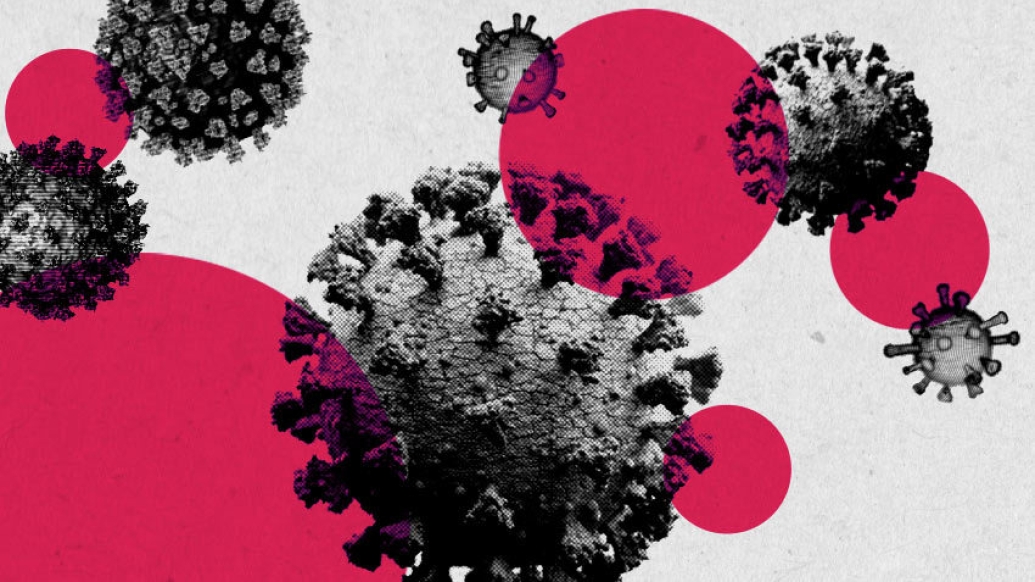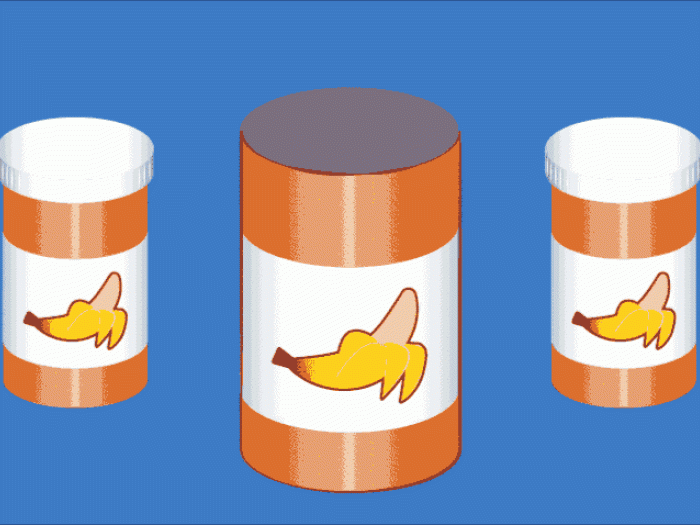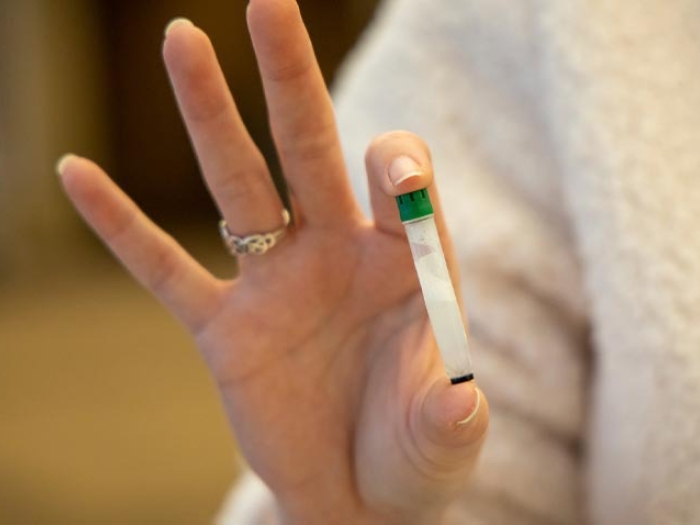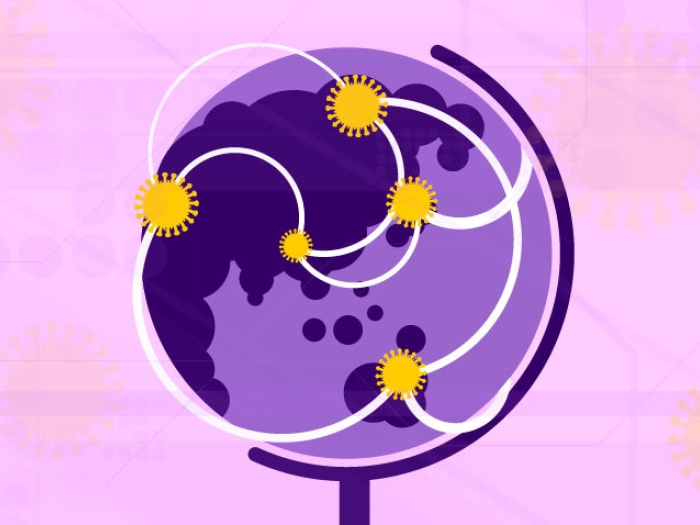What genetic surveillance can tell us about therapies and the vaccines.
10:05 AM
Author |

As the so-called Delta variant of SARS-CoV-2, the virus that causes COVID-19, threatens to spread in more places in the U.S., some may wonder what that really means.
The good news for people who are fully vaccinated: so far, data suggest that the vaccines offer good protection against all of the named variants, including the Delta variant.
For people who are unvaccinated, the aptly named variants of concern are a threat because they either spread more easily, or lead to worse outcomes. But what are the implications of having one variant over another?
Recently, a team at Michigan Medicine chronicled how they used genetic surveillance to fine tune their approach to using monoclonal antibodies, one of the most powerful therapies available to treat people with COVID-19.
Genetic surveillance involves figuring out the genetic code for virus samples collected from people with COVID-19 in a given geographic area. Throughout the pandemic, researchers have been paying close attention to mutations to the spike protein of SARS-CoV-2.
MORE FROM THE LAB: Subscribe to our weekly newsletter
"What was starting to be alarming was that there was this question of possible immune evasion and concern with reinfection or vaccine efficacy," said Jason Pogue, PharmD, of the University of Michigan College of Pharmacy.
More specifically, he and a team of pharmacists and physicians at Michigan Medicine set out to determine whether mutations in these viruses could decrease the effectiveness of monoclonal antibodies. To answer this question, they used data pulled from ongoing genetic sequencing of virus from actual patients.
In their paper, they detail their experience using the three primary monoclonal antibodies therapies—bamlanivimab (BAM), casirivimab plus imdevimab (CAS-IMD), and bamlanivimab plus etesevimab (BAM-ETE). The Food and Drug Administration granted emergency use authorization for these therapies for people with mild to moderate COVID-19 who are at risk of developing severe disease.
Some of the earlier identified variants of concern with a combination of mutations, like the Beta (B.1.351) and Gamma (P.1) variants, rendered BAM, CAS, and ETE ineffective. "The good news is the [CAS-IMD] combo is still active against these variants," said Pogue. Thanks to genetic surveillance of cases in the area, the team knew these variants were not as prevalent and were able to make an informed decision on which treatments to deploy.
"We are fortunate enough to have a good handle on what the local virus looks like, take that information in real time and, based off the percentage of those two variants that compromise BAM-ETE, we would decide whether we needed to shift all the way over to CAS-IMD or if we could still use both available monoclonal antibody combinations," said Pogue.
Like Podcasts? Add the Michigan Medicine News Break on iTunes, Google Podcast or anywhere you listen to podcasts.
This calculation was important because of the uncertainty around the continued spread of COVID-19 and drug availability. The Michigan Medicine team decided, in a move that has since been followed at the state level, that once a variant that impacted a therapy reached 10% of all cases, they would recommend switching therapies.
"That's actually what's happening at the state level in eight states where data says there is greater than 10 percent of these variants—they've stopped distributing BAM-ETE," noted Pogue.
This work is just one example of the vital importance of genetic surveillance of variants. Bamlanivimab had its emergency use authorization as a solo therapy revoked by the FDA in April because of its failure against the SARS-CoV-2 variants.
COVID variants and vaccines
Studies are also ongoing to monitor the variants and their implications for the COVID-19 vaccines.
"Every time there's a new variant, you take people's blood who've been vaccinated and see if their antibodies recognize this variant of SARS-CoV-2 as well as the original. That provides the first clue," said Adam Lauring, M.D., Ph.D. Lauring's lab has been sequencing the virus since the beginning of the pandemic.
He noted that within weeks of Delta (B 1.617.2) emerging, there were several preprints from researchers doing just that. Other active surveillance studies, he explained, sequence the viruses from COVID-19 cases, see how many of the variants were present in vaccinated versus unvaccinated people and extrapolate a crude measurement of the vaccines' effectiveness against those variants.
All in all, measuring how well the vaccines work depends on what your endpoint is, said Lauring.
"One study we're involved in looks at how well the vaccines protect against severe illness and hospitalization, whereas others will evaluate how well it protects against symptomatic illness or mild disease. I expect more answers and data on some of the variants soon."
So far, said Lauring, there is no evidence to suggest the vaccines would need to be tweaked in response to the variants.
"But it's a good thing they are doing studies now, putting them through trials and the FDA's regulatory process so that if we need to, we're ready."
Additional authors include Jason M Pogue, PharmD, Adam S Lauring, M.D., Ph.D., Tejal N Gandhi, M.D., Vincent D Marshall, Gregory A Eschenauer, PharmD, Jerod L Nagel, PharmD, Ji Hoon Baang, M.D., Shiwei Zhou, M.D., Andrew L Valesano and Lindsay A Petty, M.D.
Paper cited: "Monoclonal antibodies for early treatment of Covid-19 in a world of evolving SARS CoV-2 mutations and variants," Open Forum Infectious Diseases. DOI: 10.1093/ofid/ofab268

Explore a variety of healthcare news & stories by visiting the Health Lab home page for more articles.

Department of Communication at Michigan Medicine
Want top health & research news weekly? Sign up for Health Lab’s newsletters today!





